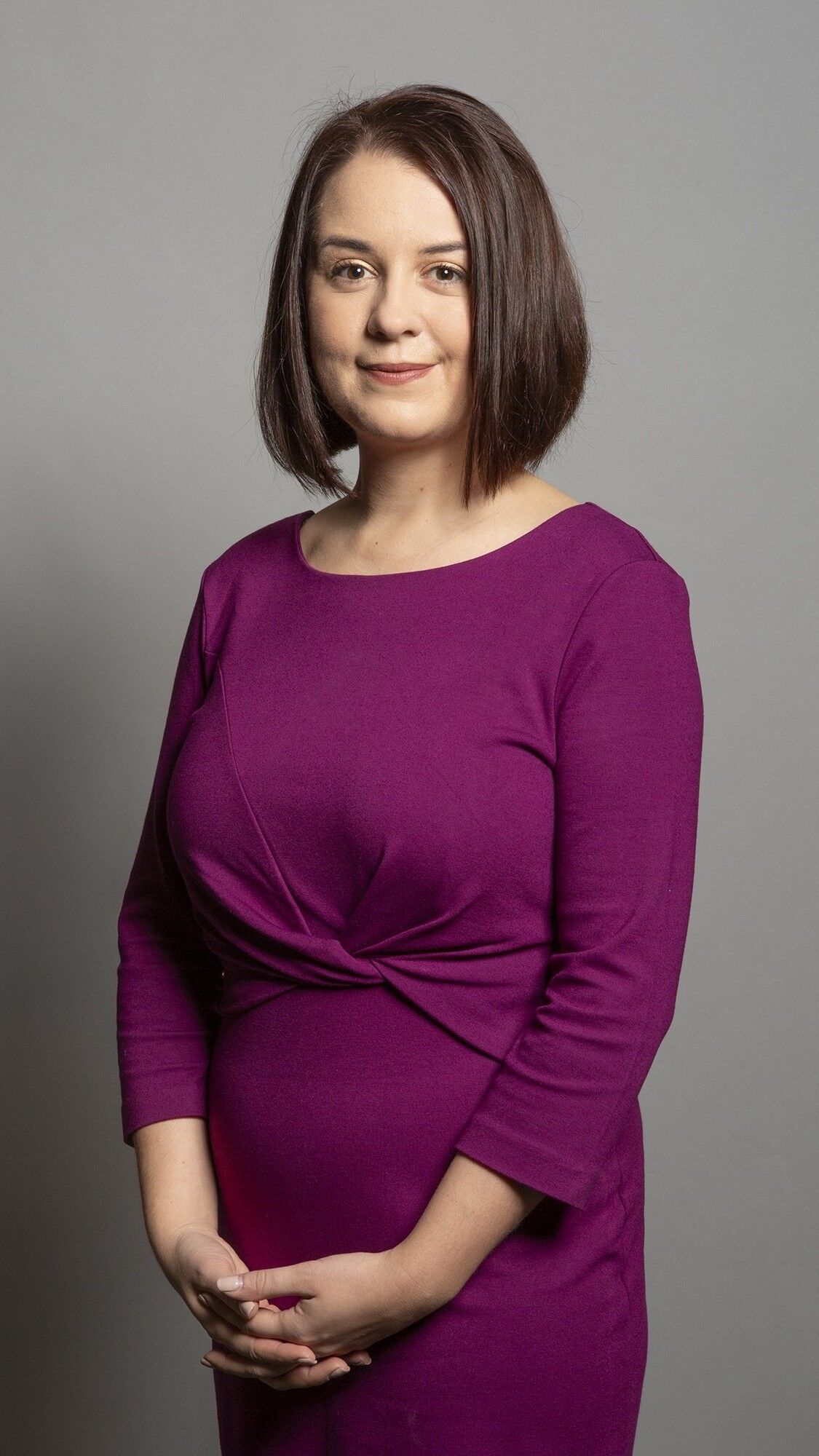The UK government is to examine the future of linear TV broadcasting amid fears that some older and underprivileged viewers could be excluded from the general shift towards streaming.
Media Minister Stephanie Peacock has launched a forum to advise on the issue, bringing together representatives from Ofcom, broadcasters such as the BBC, ITV and Sky, infrastructure operators like Arqiva and organisations representing audiences including Voice of the Listener and Viewer.

It will consider how all viewers, including older people and those without internet connectivity on their TV, can continue to access British content as consumer habits continue to change.
The forum will have a particular focus on the pressure the rise of streaming puts on delivering traditional broadcast television in a cost-effective way.
The core aims of the group will be to ensure that “no one is left behind amid a shift towards online viewing, and to establish a sustainable television ecosystem that works for both audiences and the industry.” The forum is due to meet quarterly, starting later this month.
Gill Hind, COO and Director of TV at Enders Analysis, Richard Lindsay-Davies, CEO of research and technology organisation Digital TV Group, and DCMS College of Experts academic Catherine Johnson will chair three smaller working groups supporting the forum, representing the TV sector, infrastructure and audience groups.
Research published by the government predicts that 95% of households will have the capacity to watch TV over the internet by 2040. However, 5% of households, or 1.5 million people, will still rely on traditional linear broadcasting by the same year, without intervention.
This ‘unconnected’ group tends to be significantly older, have a lower socioeconomic status and live in rural communities, said the research. The cost of broadband and lack of digital skills are key factors in preventing households from adopting Internet Protocol Television (IPTV) or programmes delivered via the internet.
Media Minister Stephanie Peacock said: “Streaming has revolutionised the television industry. Viewers have never had more choice over what to watch and how to access content. As the shift towards streaming and watching live broadcasting online continues, it is vital that no one is left behind. I want to ensure that as many people as possible can watch TV in a way that suits them.”
You are not signed in
Only registered users can comment on this article.

Netflix withdraws from race to acquire Warner Bros Discovery
Netflix has withdrawn from the race to acquire Warner Bros Discovery, leaving the way clear for Paramount Skydance to win the months-long battle for the historic Hollywood studio.

Avatar: Fire and Ash leads at Visual Effects Society awards
Avatar: Fire and Ash was the big winner at the Visual Effects Society’s 24th Annual VES Awards, taking home seven awards in total, including the top prize of Outstanding Visual Effects in a Photoreal Feature.

UK set to enhance regulation of major streamers such as Netflix and Disney+
The UK's biggest video-on-demand services will have to follow the same content and accessibility rules as traditional broadcasters, under new government legislation.

Charity publishes set of principles for mentally healthy productions
The Film and TV Charity has unveiled its new ‘Principles for Mentally Healthy Productions’ to help address systemic pressures and poor working practices across the UK screen sector, aiming to improve culture and conditions on productions.

Warner Bros Discovery and BBC report strong Winter Olympics viewing
Warner Bros. Discovery (WBD) and the BBC have both reported strong viewership results for their coverage of the Olympic Winter Games for Milano-Cortina 2026.




